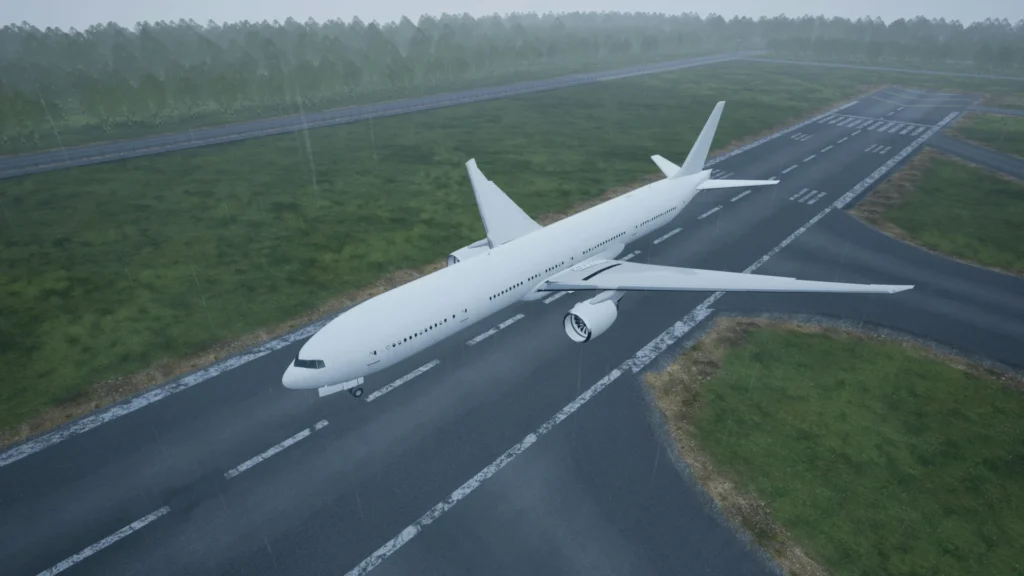Strong gales swept Beijing and northern China on Saturday, grounding flights, halting trains, and closing popular attractions citywide. By 11:30 a.m. local time, Beijing’s two airports had already cancelled 838 flights due to violent wind gusts and dust storms.
Winds reached speeds of up to 92 mph, marking the most severe wind event in Beijing in over 50 years. Authorities shut down subway lines, including the airport express, and suspended multiple high-speed rail services across northern and coastal regions.
Emergency crews rushed to trim and secure ageing trees, but nearly 300 trees collapsed throughout the city, damaging cars and public property. The city government issued Beijing’s second-highest orange alert, urging 22 million residents to avoid all outdoor activities which are not necessary.
State media warned lighter individuals might be blown over, leading many locals to remain indoors as the streets and parks were emptied. The strong winds stemmed from a cold vortex over Mongolia, bringing sandstorms stretching from Inner Mongolia to the Yangtze River.
Beijing shut Universal Studios, the Forbidden City, and other major tourist sites through Sunday to ensure visitor safety during the storm. Football matches and outdoor events were cancelled, including a robot-human half marathon to showcase technological innovation.
Winds caused late snowfall in Inner Mongolia and triggered hail storms across parts of southern China, disrupting additional travel routes. Social media was flooded with sympathy for food delivery workers facing extreme conditions, prompting users to cancel orders in solidarity.
Sand reduced visibility to near zero in parts of eight provinces, blocking roads and worsening travel across vast northern regions. The China Meteorological Administration said wind speeds reached levels 11 to 13 and were capable of causing severe and extreme destruction.









